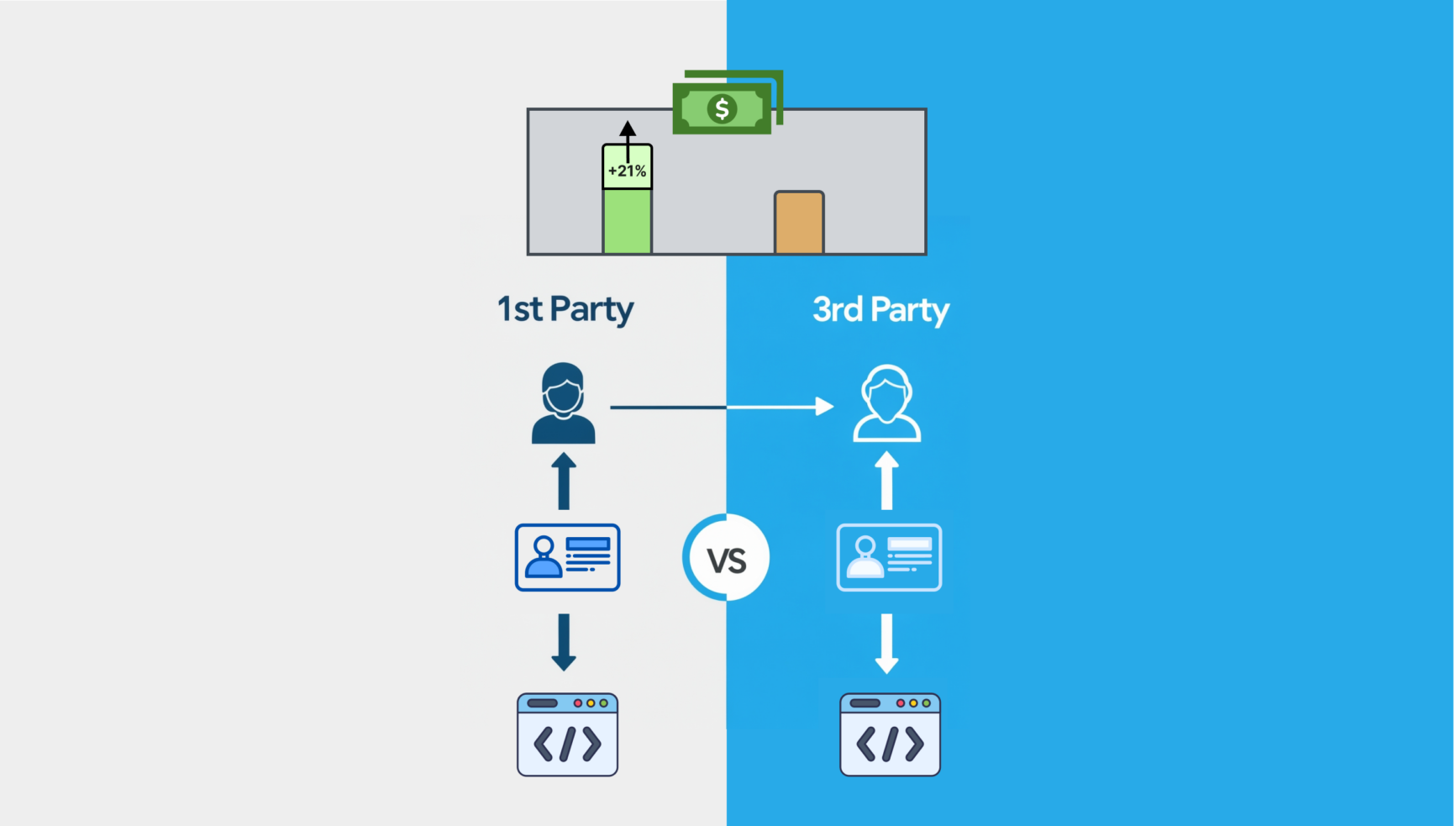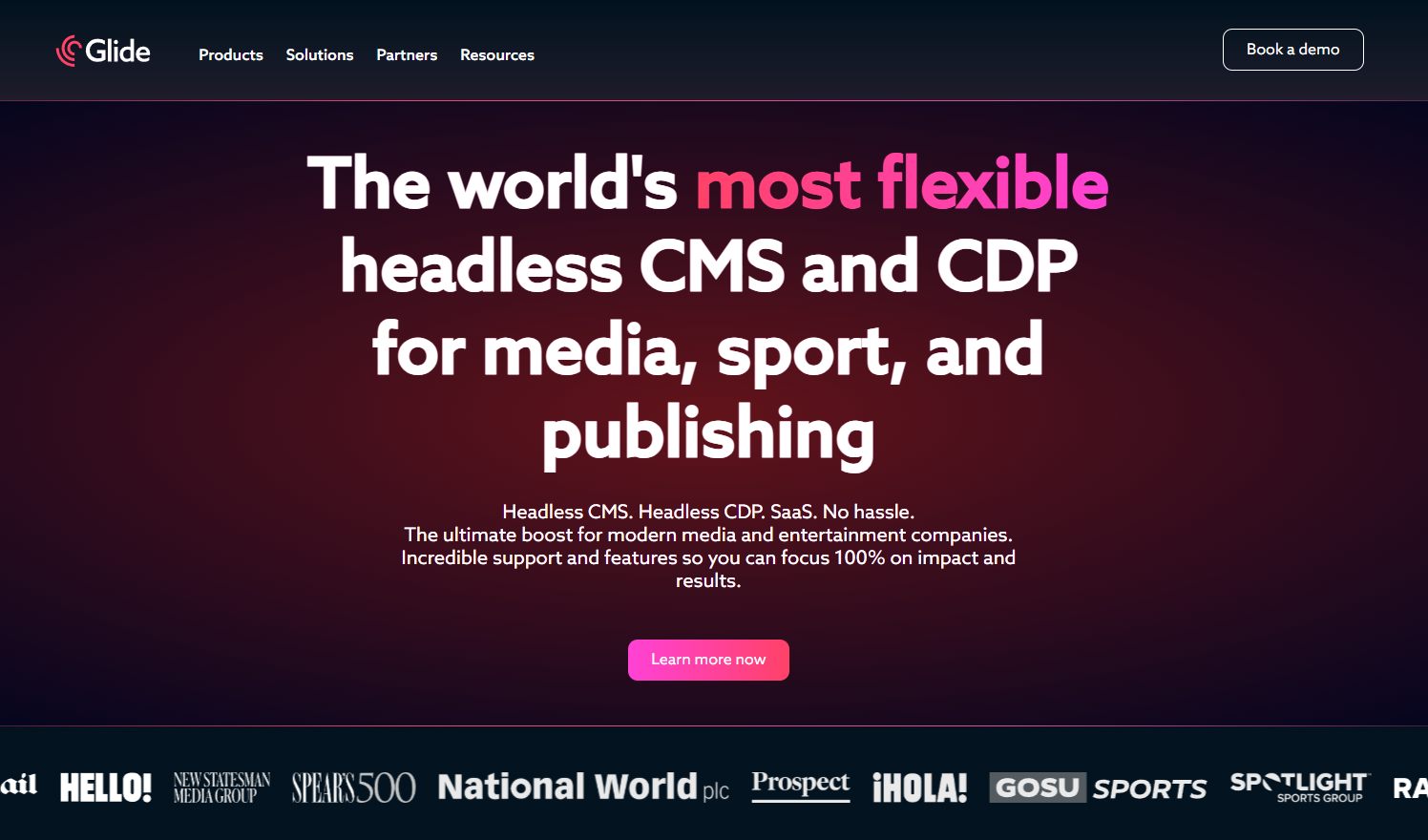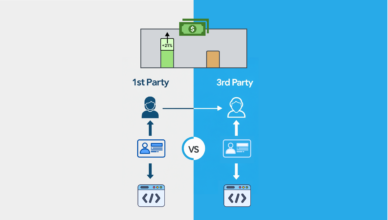Today, Google has begun moving away from third-party cookies with its commencement of tracking protection, a feature that limits cross-site tracking for 1% of Chrome browser users. While there is currently little to do on this particular update because, as shown in the feature screenshot below, users will be randomly chosen, it is a part of the eventual plan to turn off third-party cookies for all users in the second half of 2024.

Is the adoption of this technology so effective?
As part of the Sandbox Privacy Initiative, one of the underlying sets of technologies utilizes APIs to process user data with anonymity onsite while increasing additional user protection measures besides consent management, like fingerprinting, to restrict the type of information sites can access. The key technologies of the Privacy Sandbox include The Topics API, Protected Audience API, and Attribution Reporting API, which are the measures for providing relevant ad experiences, avoiding tracking across different websites and apps, and attribution and measurement.
The short answer so far on its effectiveness is hard to say. Given that Google Chrome is just launching the implementation tracking protection today, as reflected by other early-adopting industry professionals, the effectiveness of the technology is there. Still, the increase in demand will make apparent the attribution API and its ad measurement effectiveness since that is an age-old question that hasn’t been resolved.
The fight against spam and ad fraud
Google makes attempts to fight against spam and ad fraud by incorporating its Private State Token, which provides authentication between an issuer and a requester. However, the Electronic Frontier Foundation (EFF) contends the use of Topics API as a replacement technology for receiving more granular details on user interest which Google can further benefit from and, in light of this, to depend on other browsers and adopting adblocking solutions that also incorporate private link tracking.
Companies like Gener8 digi.me, datacoup and Dataswift focus on software to trade and monetize personal data, including browser data, allowing users and publishers to take responsibility for a more valuable and free web and develop meaningful first-party partnerships.
As paraphrased from the Tech.EU’s interview with Sam Jones, founder of Gener8 Ads, loopholes between consent management and legislation still exist, making it an ongoing challenge to close the gap.
“If you click yes on the Daily Mail cookie banner, you allow 1436 different companies to start tracking you just by clicking on accept cookies. If you want to click No, finding the No button will take more than ten clicks. That’s not in the spirit of GDPR.”
What does this mean for publishers?
Many ad tech, especially programmatic technology companies, have already begun implementing parts of the framework to get ahead of the Third-Party cookie depreciation phase-out. Therefore, it is essential for publishers looking to switch or revisit their partnerships to update themselves or ask the necessary questions about the respective company roadmap that provides compliance and better ad performance outcomes.
Content from our partners
Continue preparing for the changing privacy environment by seeking opportunities to interact directly with your audience. A complete first-party measurement solution with the right architecture for consent and tagging for your website and trends gathering is necessary to enable these interactions.












